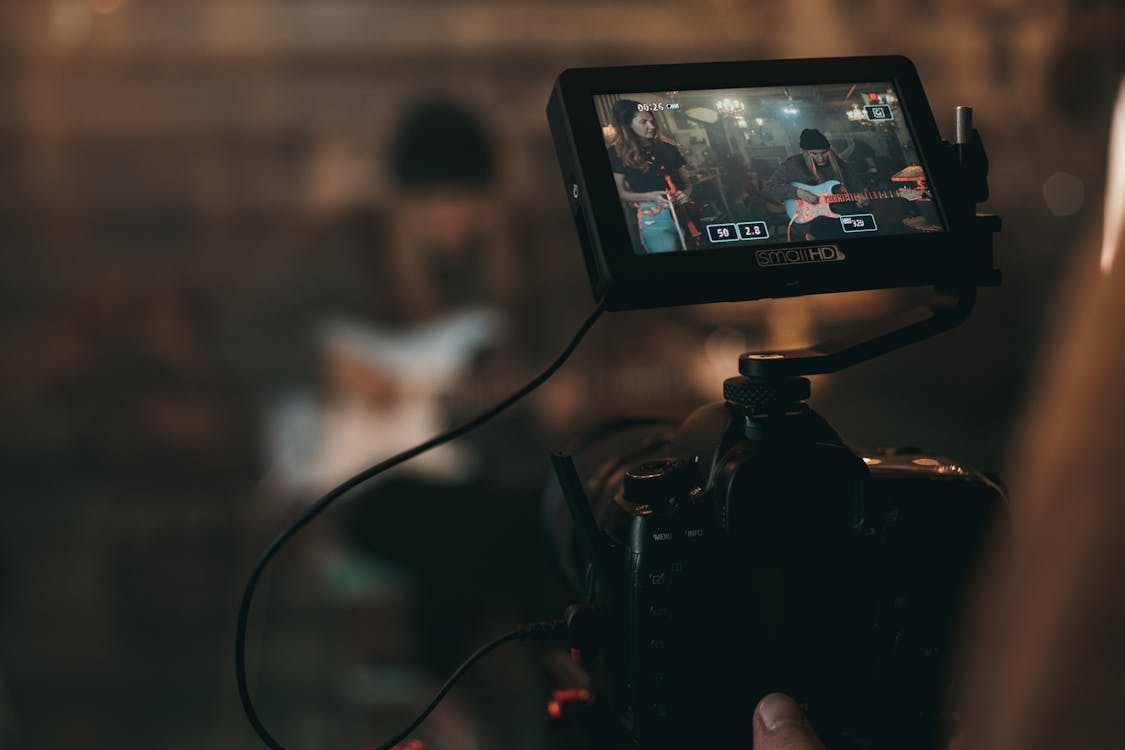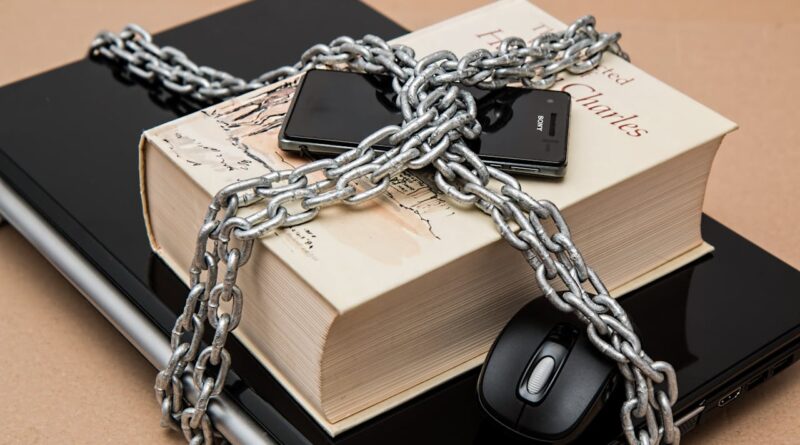The Importance of Intellectual Property in the Entertainment Industry
When entering the world of entertainment, it is vital to safeguard owners’ and investors’ assets through IP rights. These rights are not always easy to understand and to manage nevertheless, it will always be helpful for anyone interested in the field.
In this article, we will look into the rules governing intellectual property that regulate the media and entertainment industry, the significance of IP, and its uses in the industry.
Intellectual Property Rights and Its Importance
Intellectual property refers to rights over creations of the mind; protectable matter includes inventions, literary and artistic works, designs, symbols, names, and images used for commercial purposes. In the entertainment industry, IP rights keep these creations from being utilized and exploited by those who have no right to do so. These rights typically fall into four main categories: copyrights, trademarks, patents and licenses.
Copy Right Law
In the entertainment industry, the fundamental legal tool for the protection of I.P is copyright. It grants authors and artists ownership and control of their first creations of writing, music, films, and artwork. One of these rights is to reproduce the work, distribute it, perform it and to exhibit it.
Copyright law is particularly vital in the entertainment industry to protect feature films, television shows, songs, scripts, and books. For instance, under copyright law, your film is protected from being reproduced or distributed by unauthorized persons if you are a filmmaker.
Copyright law protects you as a musician by ensuring that anyone who wants to use your creative work does so legally. As we have seen, creators have to understand the basics of the copyright to be able to protect their works and negotiate licensing and distribution contracts effectively.
Trademark Law
It is important for branding and selling entertainment-related products and services that trademarks are used. It refers to a unique mark, logo or slogan that distinguishes a particular product or service provider from its rival in the market. It can be a phrase, sign, slogan, or even a pair of colours or tones. Trademarks are crucial to the entertainment business to develop and sustain brand recognition.
Take the Nike check mark or the golden arches of McDonalds for example. Trademarks help consumers understand a brand and associate specific attributes and experiences to a given good or service. Trademark applies in the entertainment industry in a way that seeks to protect the names and logos, tag lines associated with movies and programs, music artists and even individual movie actors/actresses.
Patent Law
While patent laws are all about safeguarding inventions and creations, copyright and trademark laws are virtually all about safeguarding individual works and symbols. In the entertainment industry, patents may be sought for new innovations, processes or devices that have useful applications in the production, manufacturing or distribution of entertainment content.
It may be afforded, for example, to invent new technologies for audio or visual effects or digital streaming services such as Netflix. By so through patents, the inventors are in a position to make profits out of their inventions and prevent other people from profiting out of concepts they did not develop. The same applies to patents since they also give inventors a temporary monopoly on the product of their creativity.
Enforcement and Licensing in the Entertainment Industry

The enforcement of intellectual property rights may be difficult in the entertainment sector. For instance, the use, duplication, distribution or performance of an intellectual property right without any permission is copyright and trademark violation. In such cases, there is legal recourse in an attempt to protect the rights of the owner of the IP as well as seek compensation.
Licensing is another important factor of IP management in the entertainment industry. This means that by licensing, the owner of the intellectual property can permit others to use his work in consideration of royalty or any other consideration. For example, a musician may sell the rights to use his music in a commercial or a motion picture or a filmmaker may sell the rights to distribute his production to a production firm.
In the broad area of entertainment law, the legal rights and commercial relations of intellectual property are generally enforced and licensed. In this case, enforcement means a vigilant safeguard of authors’ original creations in areas of written and other forms of works of art such as music, films and other related artistic productions from infringement, copying or distribution. This involves a proactive search for plagiarism through such means as writing letters to the offenders, taking legal action and insisting on restraining orders. On the other hand, trademark safeguards the identities of entertainment firms from being overshadowed by the unlawful usage of logos, brand names, and other related marks.
A significant part of the entertainment industry is contract compliance which ensures the proper fulfilment of the agreements between different parties involved in the performances: artists, production companies, distributors, and venues as well as solving the conflict that may arise from the violation of contractual relations. On the other hand, the licensing act is the gateway for the approved usage as it grants permission for the particular and limited use of copyrighted material including use in films, book adaptations or artistic works based there off. The same goes for licensing for items that allow the use of entertainment properties—such as familiar characters or logos—on objects, thus taking them further afield of the object in question.
In addition, the field of performance and venue licensing deals with contracts that allow the use of play, music or live performances in theatres, arenas or symphony halls. These legal issues are the core of these critical legal matters that entertainment lawyers have as their main duty to protect and enforce rules and laws. They operate in these corporate worlds, drafting and negotiating contracts meticulously, managing disputes skillfully, ensuring compliance with the guidelines on the use of intellectual property rights, and advising their clients with precision and skill on how best to preserve their creations and economic investment in an ever-evolving and competitive entertainment industry.
Legal Assistance
It can be very helpful to talk with a local IP Central Coast lawyer who knows the laws of your country well. These professionals may advise on how to register a copyright, how to file a trademark or even how to apply for a patent as well as how to protect trade secrets. They can also help to negotiate or litigate controversies and protect against infringement of IP.
Final Thoughts
The entertainment industry involves legal protection and enforcement of properties thus, there is a need to understand the following legal issues. Many inventions are protected by the principles of copyright, trademark, patent, and licensing to secure creative work. Through the techniques of legal information, professional associations, and state recommendations, entertainment employees can cope with and protect their copyrights.




